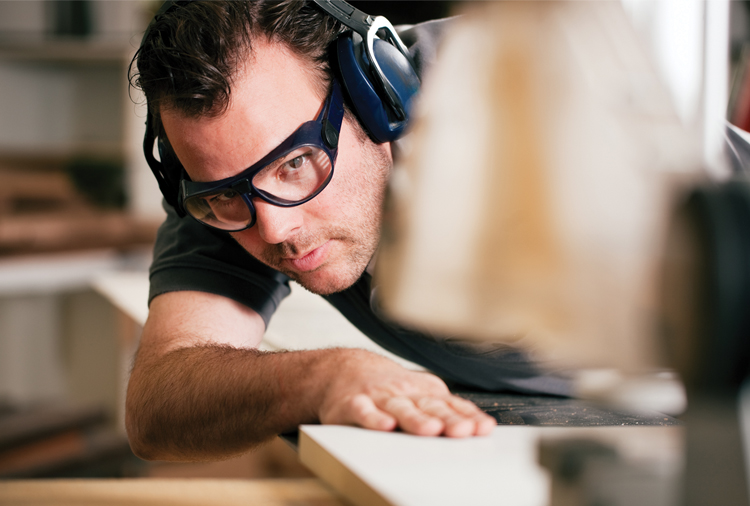
Do hearing protectors really work?
Preventing the harmful effects of noise, such as wearing hearing protectors, is becoming more widespread, and for good reason! Noise can cause physiological changes, including cardiovascular, hormonal and metabolic problems. Over a long period of time these changes can affect health and lead to cardiac problems, hypertension, fatigue, digestive problems, troublesome tinnitus and, of course, permanent hearing impairment. It goes without saying that good protection from harmful noise exposure is necessary to reduce the negative impact of noise on health and hearing.
How hearing protectors work?
Traditional hearing protection (earplugs or shells) act as a barrier to sounds. The sound arrives at the inner ear with less strength and a decreased level of decibels.
For custom fitted noise protectors, there are two types available: filtered and non-filtered. Non-filtered protectors offer an excellent protection against noise, but make communicating more difficult. If you want, you may ad filters to your protectors : they allow some conversation to go through thus enhancing communication. The noise abatement can be adjusted to your needs.
Wearing hearing protectors correctly
You might think that the way you wear earplugs or shells has little influence on their level of protection. But you would be wrong! It has been shown that wearing these hearing protectors correctly has an enormous impact on their effectiveness. In fact, earplugs or shells that do not fit well allow sounds to enter through small spaces, even if they are tiny. Despite using a barrier, sound can take other routes, for example through:
- the skull bones
- vibrations
- the protector itself (depending on the material used to make the protector)
- small spaces between the protector and the ear (if not well fitted, the hearing protector can lose 5 to 15 decibels of effectiveness)
It should also be noted that removing your hearing protection, even for a short time, can affect hearing. Using them all the time is essential. For example, if a worker removes his or her protectors for one minute during eight hours of work, 25% of the protectors’ effectiveness is lost.
Effects of noise exposure on hearing
According to the World Health Organization, exposure for eight hours a day to a sound level above 75 dBA can be dangerous. Quebec’s Regulation respecting occupational health and safety is much more permissive (90 dBA/8 hours). Unfortunately, even when this regulation is followed, it does not guarantee that our ears are safe.
The most effective method is to reduce noise at its source, by building and buying quieter machinery and equipment and by limiting exposure time to harmful noise. Keep in mind that hearing protection is still recommended for noise exposure, whether the strategies mentioned here are applied or not.
For more details about the different hearing protectors, make an appointment with an audioprosthetist today!
By Amélie Gaudreault, audiologist, Polyclinique de l’Oreille

